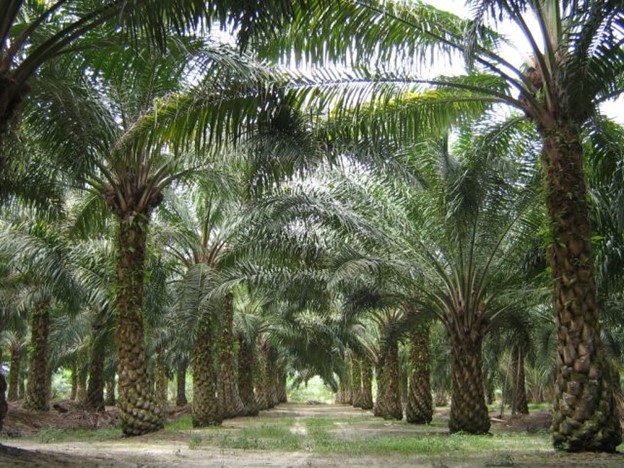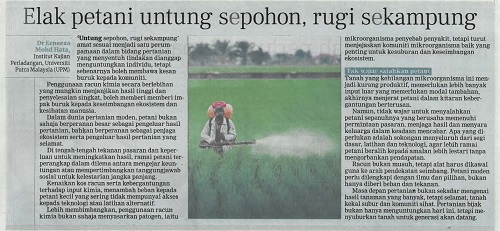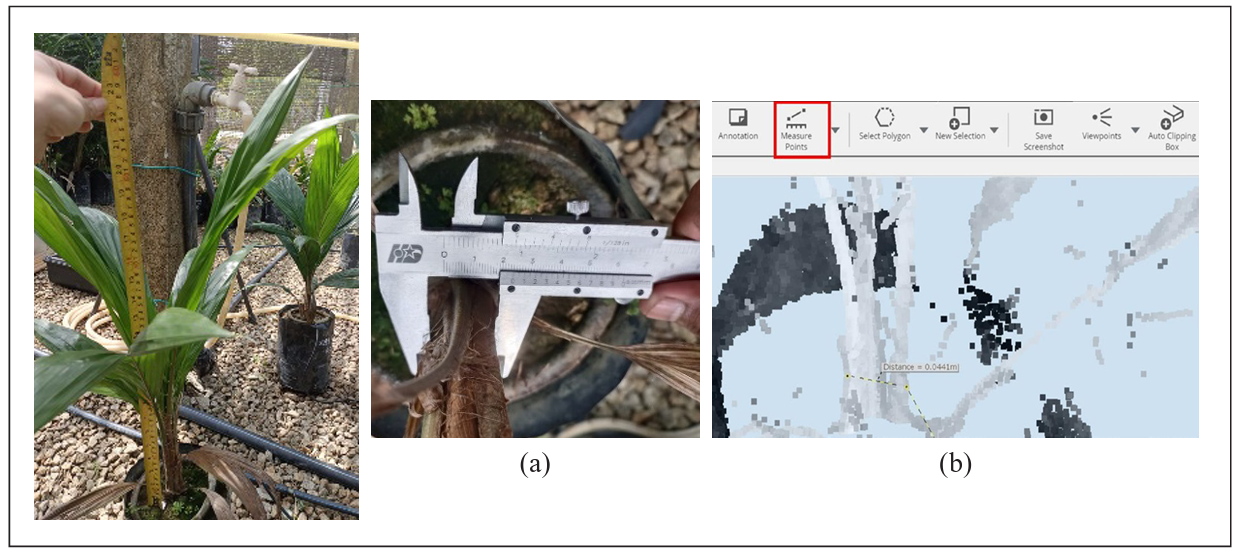Malaysia’s agriculture sector faces multiple challenges in 2025, including labor shortages, high dependence on foreign workers, limited farming land, and climate change effects. To address these issues, Malaysia can adopt successful strategies from other countries.
- Automation and Advanced Technology – Japan utilizes robotics, AI, drones, and smart soil sensors to improve agricultural efficiency while reducing reliance on manual labor. Malaysia should encourage investment in such technology through incentives and collaboration.
- Urban Farming – Singapore overcomes land limitations with vertical farming using hydroponics, aeroponics, and specialized LED lighting. Malaysia can provide incentives for businesses and individuals to expand urban agriculture using vacant land or abandoned buildings.
- Strengthening Supply Chains and Young Agropreneurs – The Netherlands excels in agricultural exports using predictive analytics and automation. Malaysia can develop agricultural hubs in Sabah and Sarawak while offering incentives for young entrepreneurs to enter the industry.
- Comprehensive Policies and Financing – Thailand provides targeted subsidies, easy-access loans for small farmers, and incentives for organic farming. Malaysia could introduce special funding and agricultural insurance to improve local farmers' competitiveness.
- Sustainability and Climate Adaptation – Australia mitigates climate challenges with drought-resistant crops and efficient water management systems. Malaysia can boost research into resilient crops and promote regenerative farming practices.
- Sabah and Sarawak as National Agricultural Hubs – With vast and fertile land, these states can become major food production centers. Investments in infrastructure, foreign and local partnerships, and improved education for local farmers can enhance their role in agriculture.
- Reducing Dependence on Food Imports – Malaysia imports billions of ringgit worth of food annually. Strengthening local food production through farmer incentives, advanced technology, and cooperative partnerships can lessen import reliance.
Malaysia must implement a strategic and integrated approach to ensure its agriculture sector becomes more productive and sustainable. By developing Sabah and Sarawak as key hubs, adopting innovative global practices, and offering the right support, Malaysia can transform its agricultural landscape for long-term growth.

Source: Shahbudin Embun (20 March 2025). Menangani Cabaran Sektor Pertanian Malaysia: Belajar Dari Kejayaan Negara Lain. Malay Today.
https://malay.today/2025/
Date of Input: 30/04/2025 | Updated: 26/09/2025 | ainzubaidah
MEDIA SHARING



























